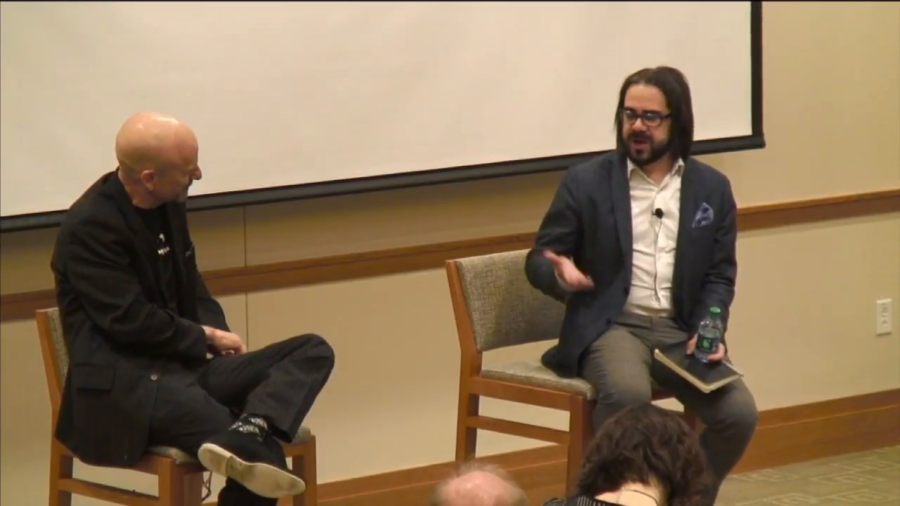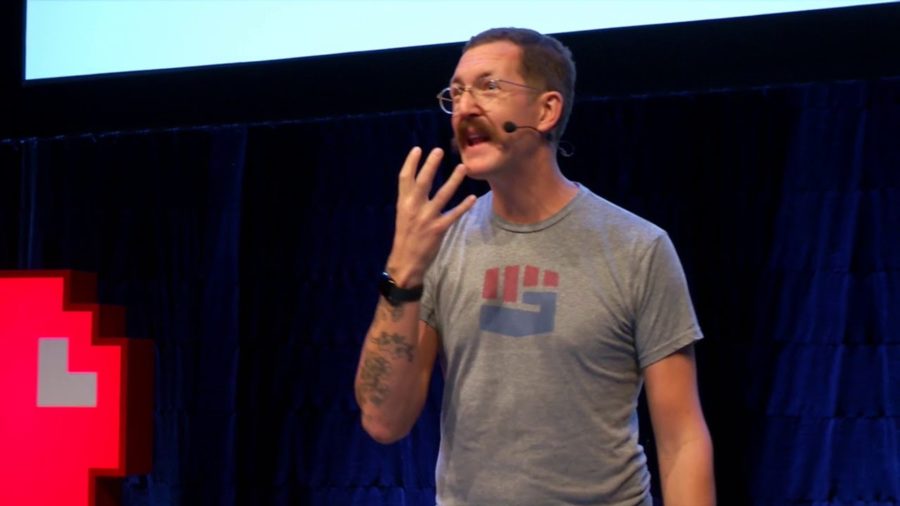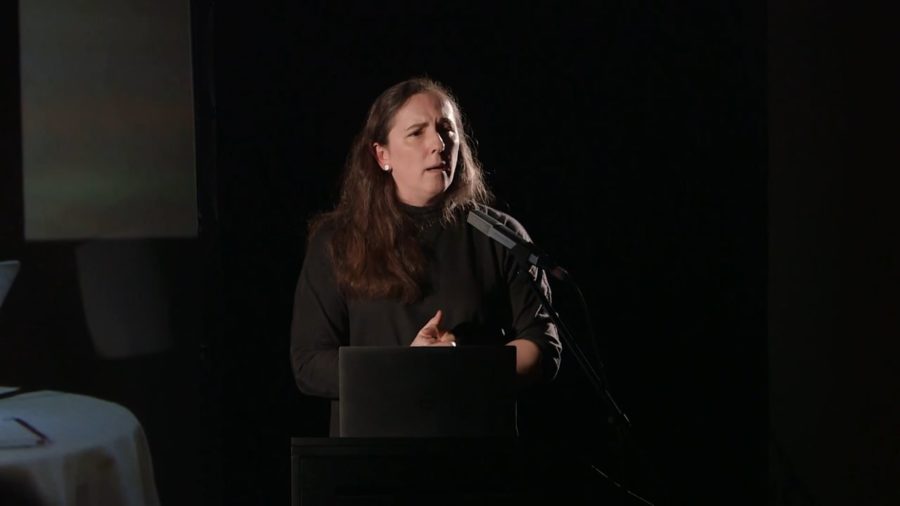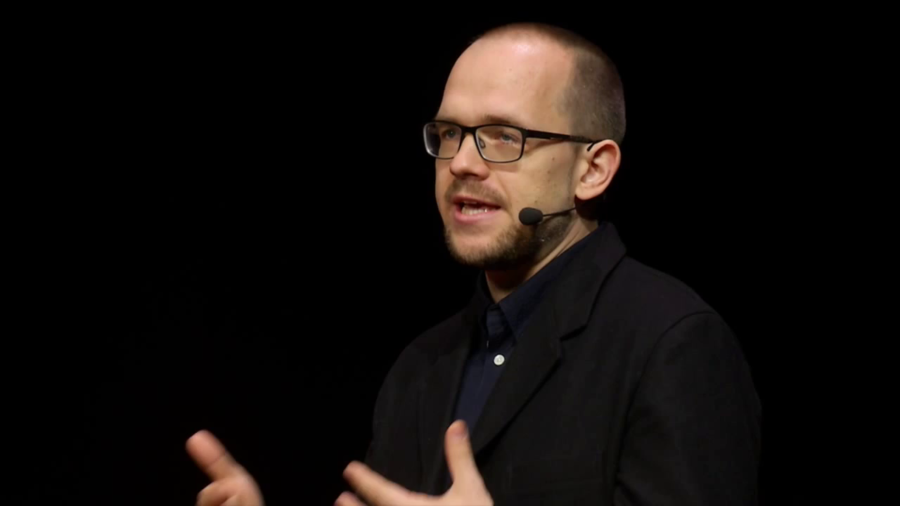You know, we need to think about collective action and collective solutions. We need to envision a new paradigm for how society should be governed.
Archive (Page 1 of 2)

In this moment that we’re in today with technology, where we’re I think shifting finally into a mode where it’s possible to be critical without getting sneered at, if we kind of look back at the…I don’t know, the optimistic aspirationalism that we’ve been using to encounter technology in the broadest sense, and we look back on those moments of the recent past or even the distant past, we can see how we knew how things were going to turn out, actually. We just weren’t paying them heed.

Every single futurist has one of these as the first slide in their deck. It doesn’t really matter what this is. An exponential curve, up and to the right. This represents all of technology. The past thirty years of technological evolution is described in this. This could be anything. This is processor power. This is memory per dollar. This is Internet penetration. This is the number of people playing Angry Birds.

We have now in twenty years moved half the world’s population, give or take, to one city. And we all live in one city. And we keep walking out into the street and getting pasted by trams. And we don’t even understand what the trams are. We not only do not know how to live together online, we don’t even really understand that it’s a problem.
There is this bias in society that as long as you have more information things are automatically better because you have more knowledge. It’s a bias that goes all the way back to the Enlightenment.

I’m going to argue today that even while we know post-truth politics is having a terrible effect on our political culture and our role as citizens, it’s curiously difficult to combat it because of a set of beliefs about what politics is, and about the Internet and the way it enables ordinary people to have a voice. And these beliefs intersect with a prevailing anti-intellectual anti-elitism which associates knowledge, discernment, and truth with snobbery and power.
We’re going to talk at length about new media. And in our first few installments we’re going to begin by thinking for a bit about what makes a medium new.




